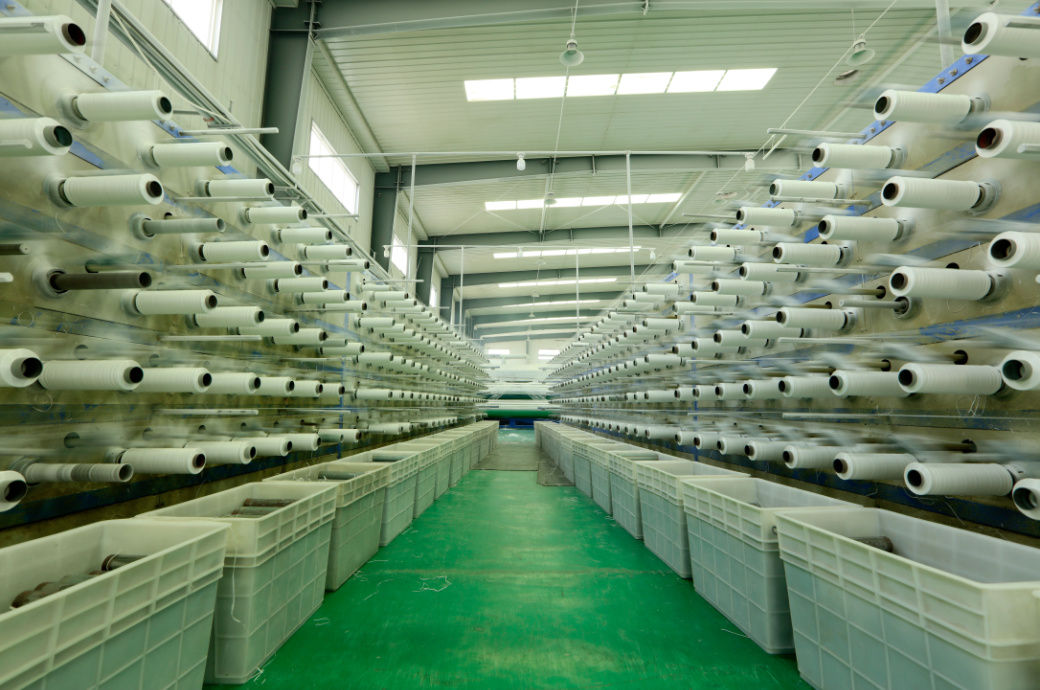
BTMA president Mohammad Ali Khokon conveyed the proposal in a letter to the Bangladesh Bank governor. Exporters, who have opposed the proposal, argue the move would undermine their competitiveness in global markets.
Some 510 local spinning mills, with a 3,600 million kg production capacity, can meet 70 per cent of the demand for cotton yarn by the export-oriented RMG industry, BTMA claimed.
While mills have a significant stock of raw material due to a fall in demand, the export-oriented RMG industry imports a large quantity of cotton carded and combed yarn through bonded warehouse facilities, which requires a considerable amount of US dollars, Khokon said.
If domestic cotton yarn is used, the value addition would be up to 60 per cent against the 30 per cent seen using imported ones, he said.
Khokon urged the central bank governor to take measures to stop back-to-back letters of credit (LCs) opening for cotton yarn imports, saying that Bangladesh is fully capable of producing cotton yarn.
The decision will lead to a domestic oligopoly, and as buyers cannot raise the price of garment items, it will reduce competition, said Shahidullah Azim, vice president of the Bangladesh Garment Manufacturers and Exporters Association (BGMEA).
The knitwear sector, which sources most of its yarn and fabric from domestic suppliers, also opposed any restrictions on such imports.
Moreover, domestic spinners cannot meet the export sector's full demand for yarn and fabric, The Bangladesh Knitwear Manufacturers and Exporters Association (BKMEA) executive president Mohammad Hatem said.
Value addition in the RMG sector declined to 54.38 per cent in fiscal 2021-22 against 64.32 per cent in fiscal 2018-19, primarily due to the high import of raw materials, central bank data showed.
Fibre2Fashion News Desk (DS)